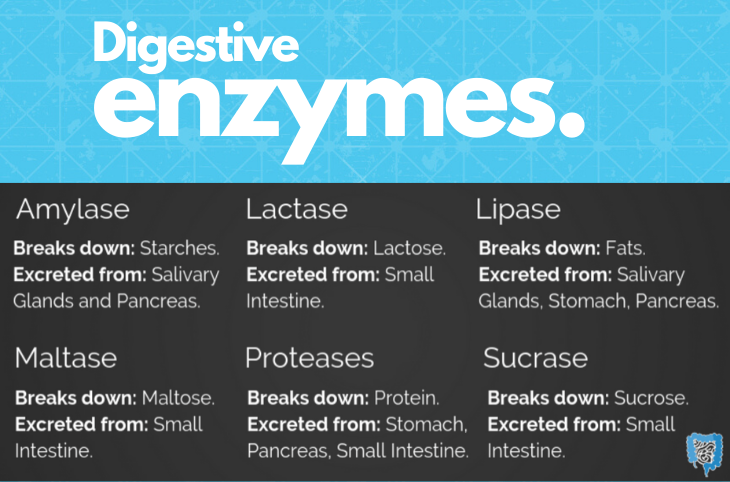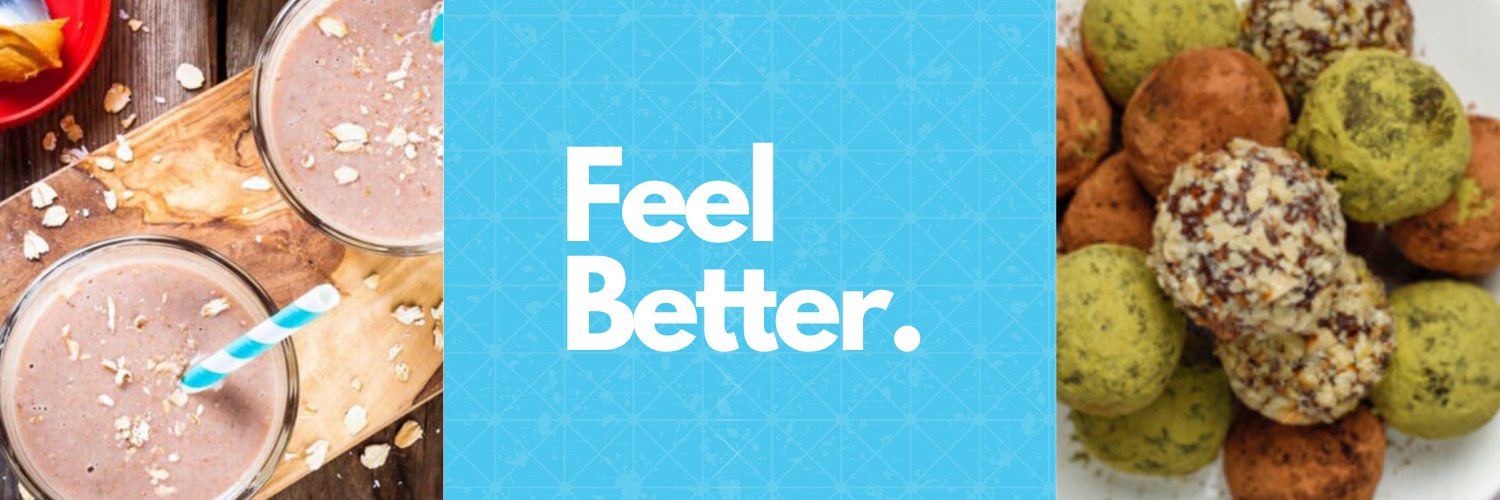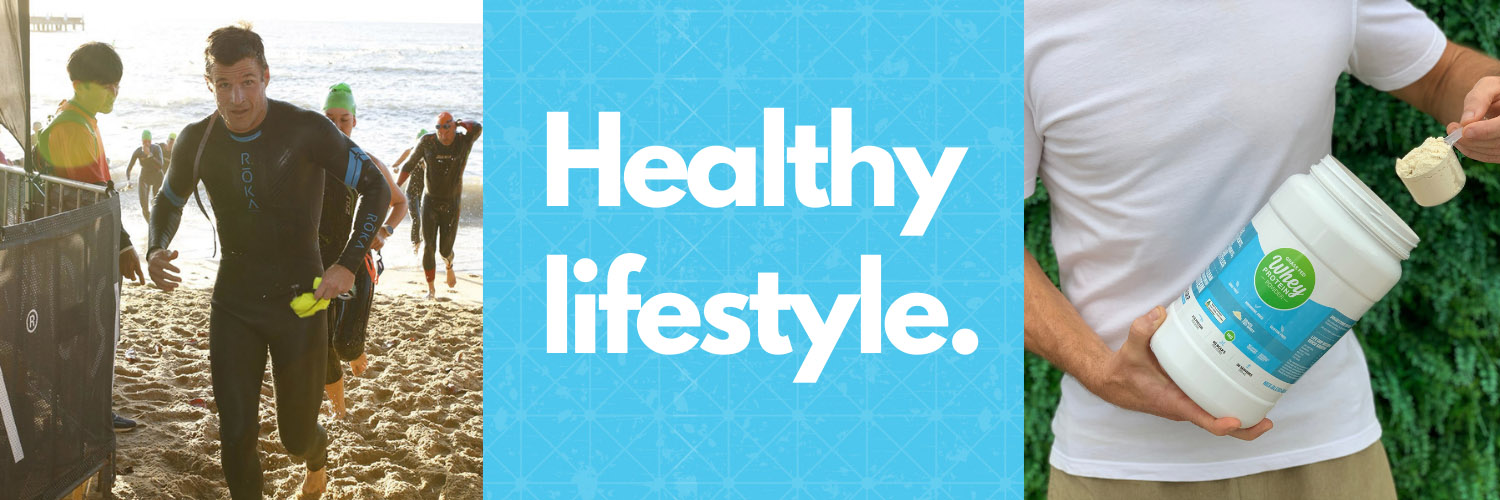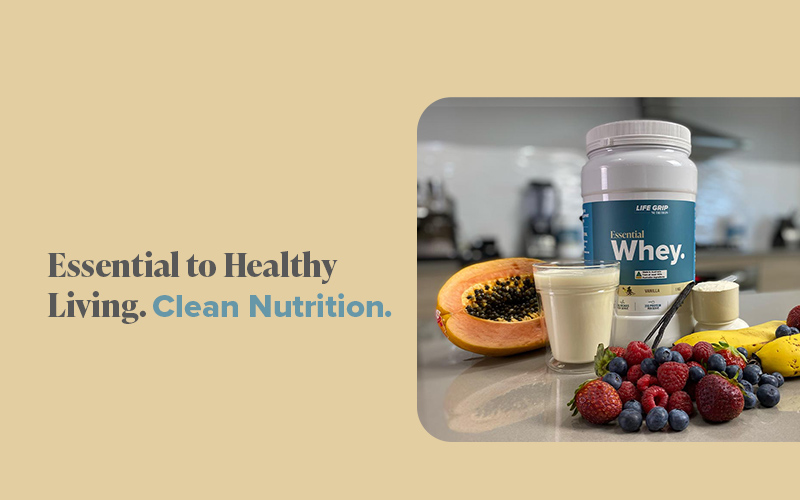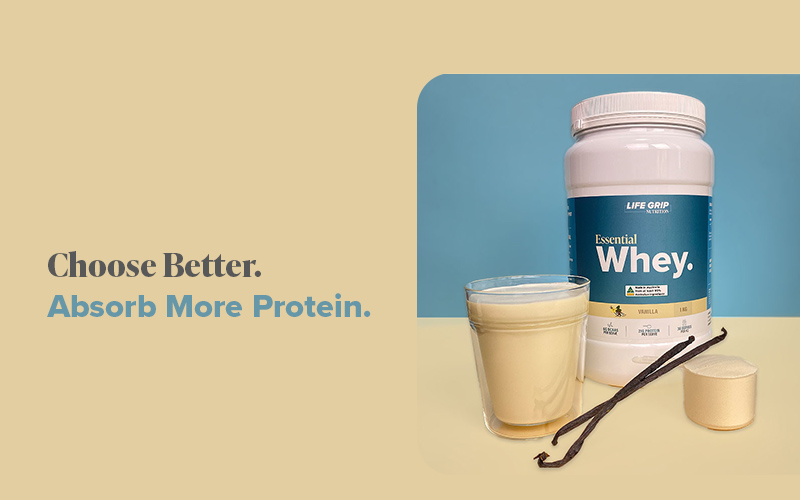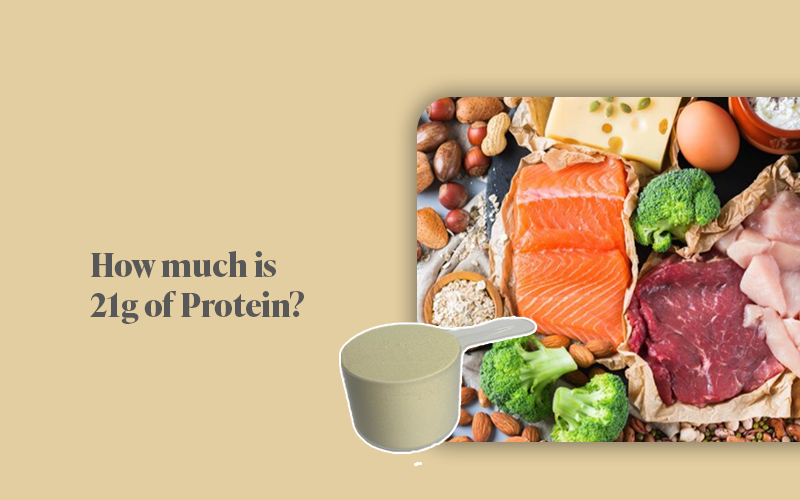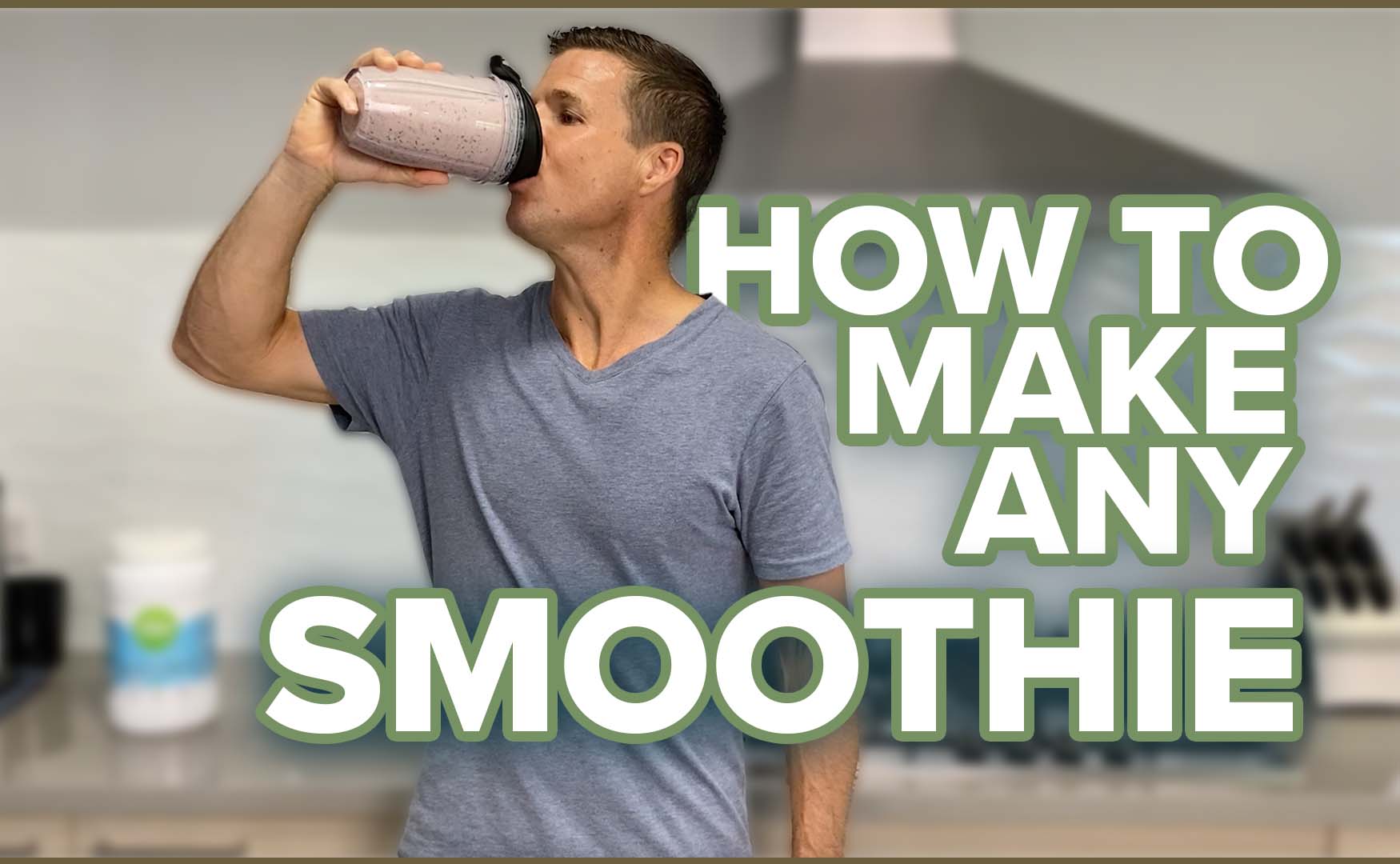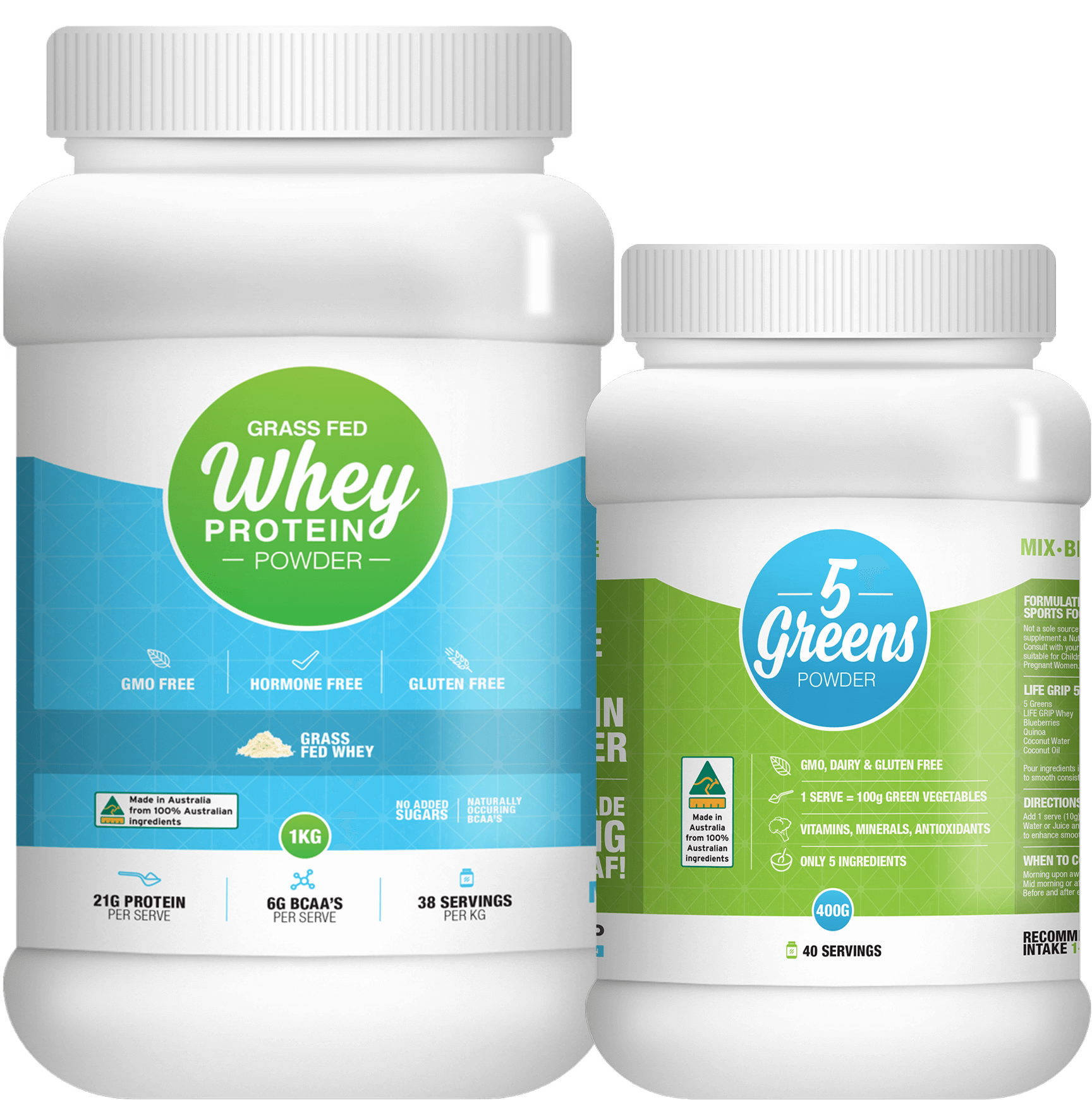supplements
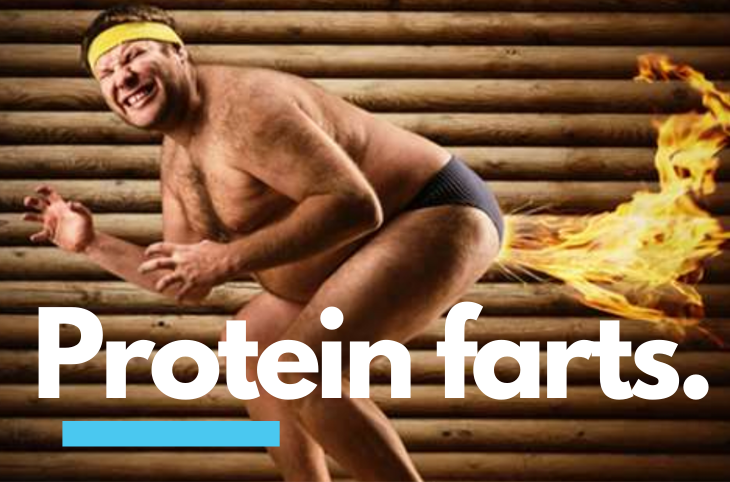
Protein Farts - Everything You Need To Know to Save Your Relationship
Not All Protein Powders Are Created Equal
Protein farts are an unfortunate side effect of many protein powders on the market today. Here’s what causes those smelly farts and what you can do about them.
What Causes Stinky Protein Farts?
Stinky farts are caused by undigested food fermenting in your small and large intestines. Your gut naturally contains a wide range of bacteria - some good, some not so good.
Your protein source makes a big difference when it comes to how sweet (or not) your farts smell. Bacteria feeds on sugars in your small and large intestines and too much sugar in the gut can lead to an overabundance of bad bacteria.
Some poor quality protein supplements contain added sugars and artificial ingredients and these make the problem worse. Similar to eating junk food loaded with sugar and additives, gut troubles and stinky farts are not far behind when you use a poor quality protein powder also.
This funny video below is not what you want out of a protein powder.
Can Too Much Protein Lead to Foul-smelling Flatulence?
Eating too much protein can contribute to the problem. As with everything. Eating too much for your body to breakdown results in waste fermenting and rotting away until your body finds time, energy and space to move it all out of your system.
Moderation is a good thing when it comes to how much protein you should be eating. If you allow your body to keep up with consumption, protein is transformed into amino acids in the small intestine. Amino acids are essential to help repair and build muscle after a hard workout and are absorbed into the bloodstream - providing you don’t overload your system by consuming too much protein at one time.
Optimal protein consumption.
For optimal protein consumption, each meal should contain an adequate amount. If you calculate your total daily intake of protein (about 0.7-1.2 grams per kilogram of body weight) and then roughly divide that into three portions (or the amount of meals and snacks you eat per day,) that gives you a reasonable distribution of protein throughout the day and avoid overload problems.
Your body and activity level determines how much to consume. If you overshoot the mark and consume too much at once, excess protein winds up in the large intestine and colon where bacteria have a field day. The side product is a lot of hydrogen sulphide gas, the stinky chemical component of smelly farts. Poor quality protein can have the same effect as discussed above.
Lactose Intolerant
This needs to be looked into on an individual basis. Many have an inability or lack the ability to breakdown and metabolise Lactose. The enzyme that’s needed is called Lactase and this is actually what is lacking.
Lactose is a sugar found in dairy and Lactase is the enzyme needed to break it down. But many people get confused with Lactose Intolerance and Lactose Sensitivity. This is relatively simple to find out and it is done in a few different types of tests. But if you’re going to get one done, I would recommend a Food Sensitivity and Intolerance Test. This will test your blood against anywhere from 96 to 400+ Food and Liquid types and you’ll receive a print out of which foods you’re sensitive too and which you’re intolerant too. This is by far a very good way to go about it as you’ll be fine tuning your food types at the same time, which I cannot recommend highly enough. Plus many can have gas and bloating if their foods and supplements are not broken down correctly.
But don’t be confused and cut out dairy straight away whether it be cheese, milk, whey or anything else as you will want to be sure it is a clean source, very natural and in its rawest possible form. If there are artificial ingredients and random sugars or even synthetic ingredients, than you don’t really know if your body is reacting to the dairy or some of the random ingredients. So before cutting anything out, be sure you’re doing it correctly and test with natural ingredients and products that are clean.
As for a Whey Protein Concentrate, this is the best for your body to have every opportunity to break it down as it’s is the rawest form of Whey Protein. Now when we talk about grass fed, this is where it gets interesting...as a grass fed whey protein concentrate is keeping mother nature's perfect formula in tact. Now if you try a whey protein such as this and your body still doesn’t react correctly, than all whey protein will be out of the picture for you and that’s where you’ll need to go to a plant based protein or egg white protein powder instead. For more on whey protein I have created a beginners guide here.
I have had many customers over the years say they couldn’t have whey as they reacted negatively to it, but then tried Life Grip Whey Protein and everything was metabolised perfectly. Then it was a case of asking the customer to look at the other ingredients in the product they had previously to find out what their body reacted too. Was it the cheap and nasty whey in the product or one of the artificial/synthetic ingredients or the random sugars used?
Why Digestive Enzymes?
Digestive Enzymes help us digest foods. We need our food broken down and metabolised into its simplest form, small enough to pass the intestinal wall and into our bloodstream. For this to happen efficiently, we need digestive enzymes. As we discussed above, Lactase is one of them which helps break down Lactose. But I’ll list these out below for you and what they do.
What is Amylase?
Amylase is a digestive enzyme that breaks down starches into simple sugars and is excreted by our salivary glands in our mouth and also our Pancreas. In the mouth is where digestion starts so remember the quote here ‘Drink your food and eat your water’.
You should be chewing your food well as this will allow you to metabolise food easier and draw more nutrients and micronutrients from the food you eat.
What is Lactase?
Lactase is a digestive enzyme that breaks down Lactose which is a sugar found in dairy products. People who are sensitive need to get testing done to see if they lack the ability to produce enough Lactase.
What is Lipase?
Lipase is a digestive enzyme that breaks down fat into its simplest form which is fatty acids and also glycerol which is a sugar found in alcohol. It’s produced by the mouth, stomach and pancreas.
What is Maltase?
Maltase is a digestive enzyme that breaks down Maltose which is malt sugar.
What are Proteases?
Proteases are 5 digestive enzymes that break down your protein into amino acids. These are found in the digestive system. Pepsin, Carboxypeptidase A, Carboxypeptidase B, Trypsin and Chymotrypsin
What is Sucrase?
Sucrase is a digestive enzyme that breaks down sucrose into fructose and glucose. Where would we be without this one!
What type of protein is better?
If you’re lactose intolerant yes, but not always better. Everyone metabolises food types differently so it is about finding one that’s right for you. Some are better off using a plant based protein powder and some are better with a grass fed whey protein powder concentrate, some are better with egg white protein powder or a beef protein powder.
Many believe that a whey protein isolate has none or less lactose and carbs than a whey protein concentrate. Compare the 2 labels of an isolate and a concentrate and you’ll be surprised at the difference.
In most cases a 1 to 3 gram difference per serving, not anything to make a decision upon. Due to marketing tactics in the industry, people are lead to believe it is much more. Important to note an isolate has lost mother nature’s formula, everything that was there for your body to metabolise the whey protein correctly and efficiently.
So if you're looking for a low carb protein powder, an isolate is not always the whey to go. Check your labels as many protein powders have things such as cookie pieces, glucose syrup, sugars which are all carbs you don't want. So no, an isolate or even a plant based protein is not always better, but this is for your body to decide. Test powders out and see how your body reacts is the best way to make a decision right for you.
All marketing, bias and selling aside, it is your body that will decide what works best for you and what doesn’t. If you’re interested, here is a list of plant based protein powder types below;
Brown Rice Protein - usually a bio-fermented brown rice protein. This is my favourite actually. It has a gritty texture but light and easy to digest. But once again, it is up to your body to decide if a brown rice protein powder is right for you.
Pea Protein - normally from Yellow Split Peas and whips up to a mousse type texture in water and can be a great option. But once again, it is up to your body to decide if a pea protein powder is right for you.
Hemp Protein - made from Hemp and has recently been allowed to be sold as a food product for consumption. It has a nice blend of healthy fats in it and is a very light protein powder. But once again, it is up to your body to decide if a hemp protein powder is right for you.
Protein Shakes
I strongly urge you to start using your protein powder in full meal smoothies. Yes you can have your protein at the end of your workout in just water, but make sure you’re beginning your day with a full meal smoothie as this is where you’ll get the most out of it. Don’t think you just need lots of protein and throw a heap into your stomach. Do it the right whey. You can have just protein in water, but imagine the benefits of combining it with clean carbohydrates (fruits, vegetables and/or grains like dry oats) and clean healthy fats (avocado, coconut oil, nuts and seeds). We have a great article on macronutrients you can check out here. I don’t know how this would go in a smoothie but garlic cinnamon helps with digestion so let me know if you end up trying that in your protein smoothie!
Your meal times need to be looked at as an opportunity to increase your health and wellbeing rather than eliminating hunger and just filling your stomach or trying your hardest to skip meals. Check out more here on full meal whey protein smoothies. Your body and mind will thank you!
Protein Balls
Protein balls can be an amazing snack for you to have on the go or mid afternoon to get you to the end of your work day shift. But just like any snack or meal you have it needs to be clean, natural and made with clean ingredients. Whey Protein Balls are a great idea to keep handy on you at all times. They are a tasty snack to have and eliminate any cravings rather than you going for chocolate, chips or soft drink. Here's an amazing whey protein ball recipe for you to try here.
Is it normal to have protein farts and bloating?
The answer is a big NO here. If you have excess gas and even bloating from a protein powder or any food type for that matter, it just isn’t right. You need to eat right for your type and consume the things that will allow you to thrive. Anything that doesn’t agree with me I cut out straight away and replace it with something that does work (if I need to). It isn’t normal to have protein farts and once you stop them, you will be happier, healthier, lighter and your partner will be glad you made the right change!
It is all up to your body at the end of the day so all bias aside, you need to find what is right for you.
What else helps reduce stinky protein farts?
Eating plenty of high fibre foods can also help reduce your rate of smelly gas production. Sticking to clean whole foods will be helpful when it comes to keeping your gut healthy and your farts from being too offensive. Like good quality clean whole foods, the quality of your protein powder makes a big difference, too. Switching to a clean and natural protein powder, one that’s free from added sugars and in its rawest form.
If you still have smelly protein farts from consuming an adequate amount of protein with Life Grip Australian Grass Fed Whey, then I’ll give you your money back. I’m confident with this claim because well...it just doesn’t happen.
Grass-fed whey protein is clean and natural, the kind of nutrient-dense protein you should be providing for your body for optimal health. And, bonus, using a supplement like Life Grip’s Australian Grass-fed Whey Protein can greatly reduce the number of stink bombs you are likely to drop the next time you are working hard at the gym.
Conclusion
It is all up to your body at the end of the day so all bias aside, you need to find what is right for you. Everyone metabolises food types differently so it is important to find the right protein powder that is right for you. Your body metabolises protein sources differently. Chicken, fish, eggs, turkey are all broken down differently from one person to the next and produces a different hormonal response.
It is important to not only find the right protein powder for you, but the right protein source in general to build better meals. I want you to find what works and if Life Grip isn't that fit for you, then I'd rather give you all the information you need to make the right choice.
Another closing point here is read the nutritional labels and take note of what is in there. You want to make sure you choose a protein powder that's clean, natural, free from anything artificial or synthetic and with ingredients that are in the rawest, most natural form possible.
Eat Clean, Think Clean and Live Clean, your body changes, your mind thinks better, you handle stress and challenges better and are more driven and motivated as your energy levels have increased along with your mental clarity. You now begin to look at other areas of your life and how you can enhance them.
Life Grip is walking the same path with you.
Living stronger, cleaner lifestyles.
Eat, Think & Live Clean.
Kind Regards
Adam Phillips
about us
Our focus goes into the products we pro- duce in order to increase your quality of life. While other companies are focused on glamour, fashion and fitness models, we’ll still be here creating the cleanest supplements on the market.
A brand built on quality, virtue, convenience and a minimalistic focus to retain mother na- tures perfect formula, for us all to reap the benefits. At Life Grip we Eat, Think & Live Clean.
get updated
stay updated & subscribe to our newsletter
recent posts
like us on facebook



